At Northampton Hip and Knee Clinic, we understand the profound impact hip arthritis can have on your life, affecting mobility and causing persistent discomfort. Led by Mr Pierre Nasr, a distinguished hip and knee surgeon, we provide comprehensive care for hip arthritis. Our approach integrates advanced treatments with personalised attention to alleviate pain, enhance joint function, and improve your overall quality of life.
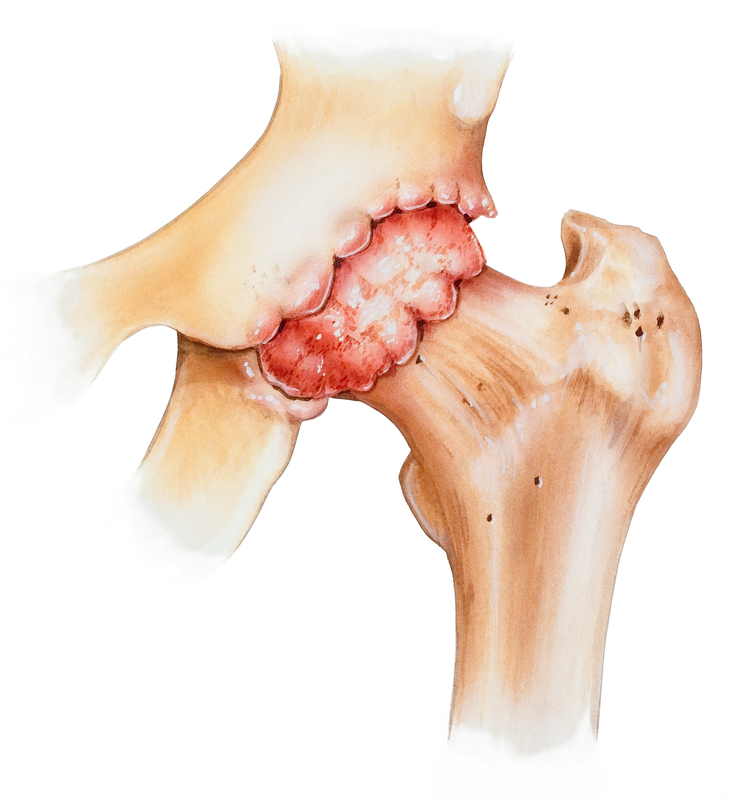
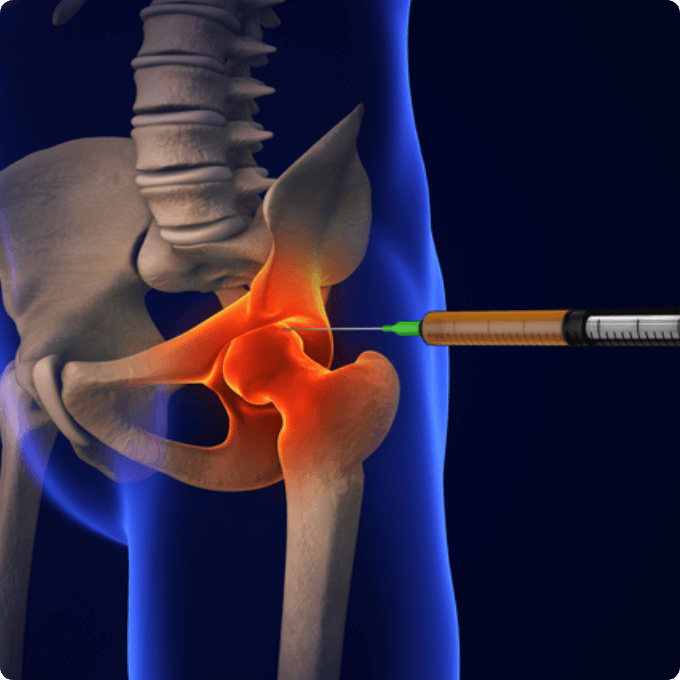
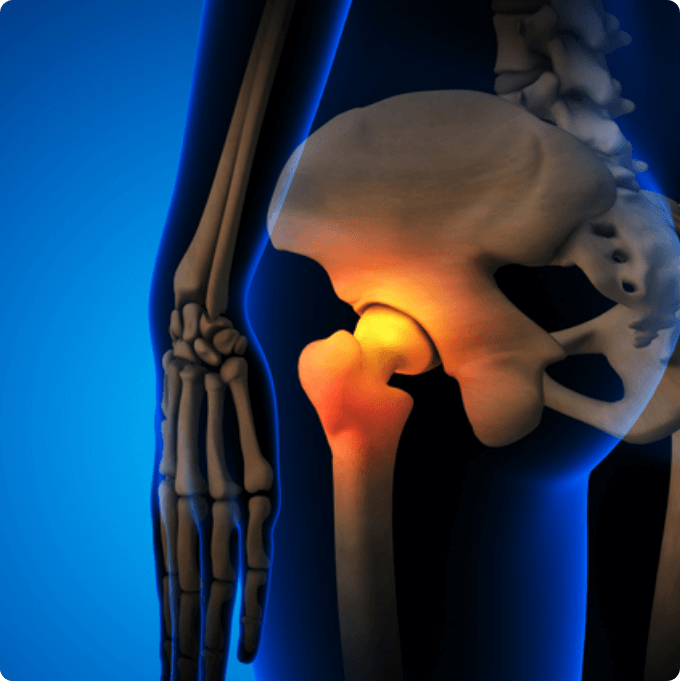

Hip arthritis, also known as osteoarthritis of the hip, is a condition where the cartilage cushioning the hip joint gradually wears away, leading to inflammation, pain, and stiffness. This deterioration can cause bones to rub against each other, resulting in discomfort and reduced mobility.
It commonly affects older adults but can also develop due to previous hip injuries or genetic factors. Treatment options range from pain management and lifestyle adjustments to surgical interventions like hip replacement surgery, aimed at relieving symptoms and restoring joint function.
The most common types of hip arthritis are as follows:
Resources: What is Arthrisis – Information Booklet
These symptoms vary in intensity and may worsen as the condition progresses. Early diagnosis and treatment are crucial to managing symptoms and preserving hip function.
Hip arthritis manifests through various symptoms, including:
Pain: Persistent discomfort, often exacerbated by activity and relieved with rest.
Stiffness: Difficulty moving the hip, especially after prolonged inactivity.
Swelling: Inflammation around the hip joint, contributing to discomfort.
Limited Range of Motion: Challenges in moving the hip fully.
Instability: Feeling of the hip giving way during weight-bearing activities.
Audible Sounds: Grinding or clicking sensations in the hip joint.
Weather Sensitivity: Increased pain during cold or damp weather conditions.

Medication management
Learn More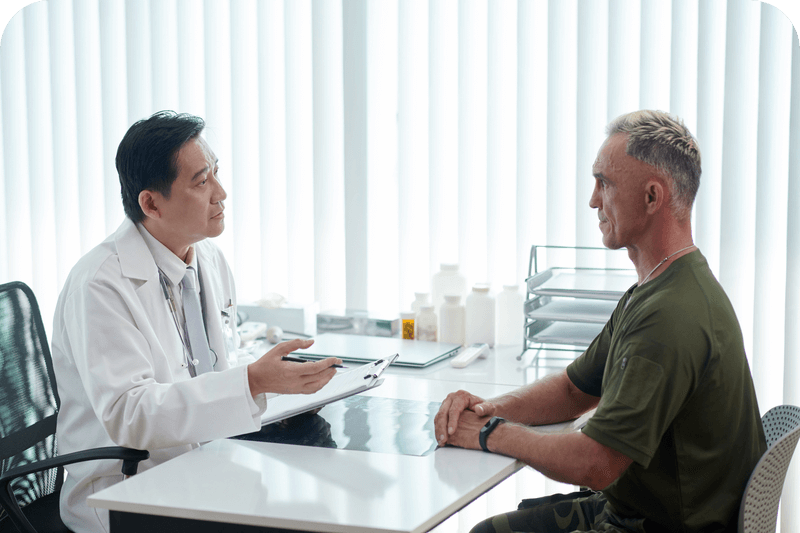
Lifestyle adjustments
Learn More
Physical therapy
Learn More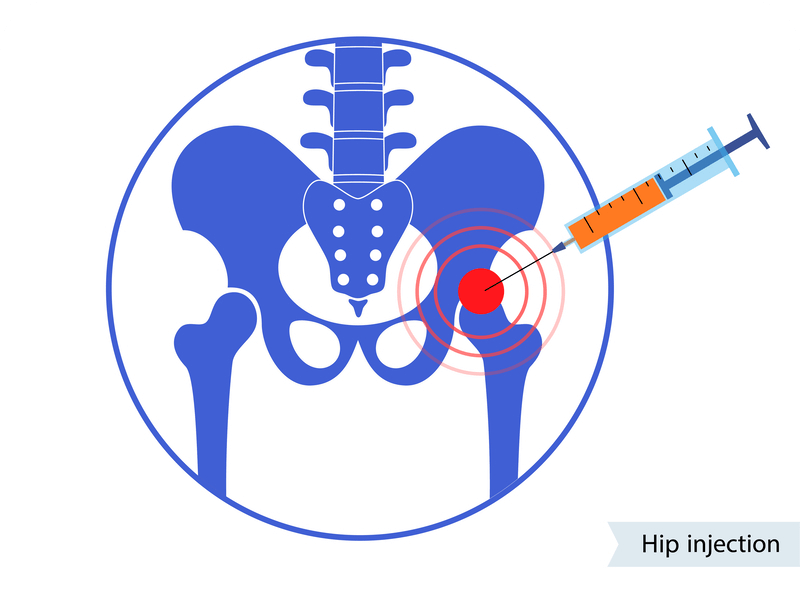
Hip joint injections
Learn More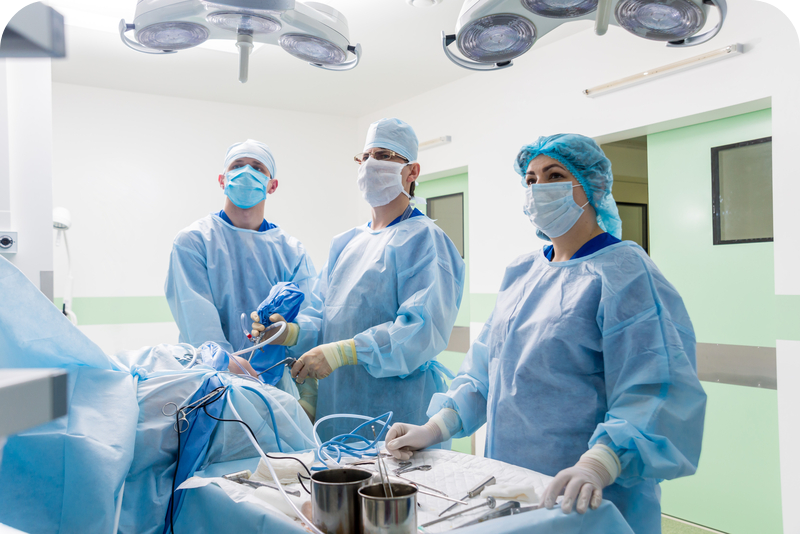
Arthroscopic surgery to examine and treat hip joint issues
Learn More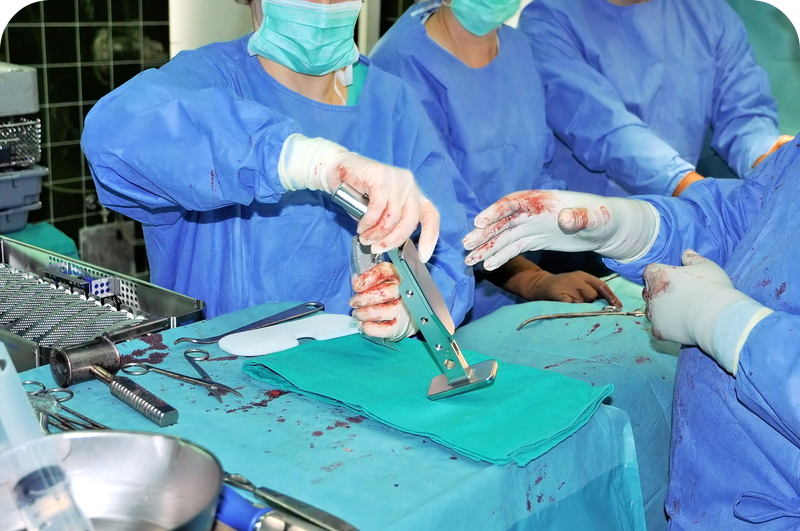
Hip replacement for severe arthritis cases
Learn MoreIf surgery is recommended, Mr Nasr will provide detailed information on the procedure, outlining risks and benefits. Placement on the surgical schedule will occur once you agree on the treatment plan.
Preparing adequately for hip arthritis surgery is essential for a smooth recovery. Key preparations include:
At Northampton Hip and Knee Clinic, we pride ourselves on providing exceptional care for hip and knee conditions. Here are four reasons to choose us:
Mr Pierre Nasr has extensive experience in hip and knee treatments, performing hundreds of procedures annually. His expertise ensures high-quality surgical outcomes.
As a specialist in hip and knee surgeries, Mr Nasr brings a depth of knowledge and skill to every case, offering advanced treatment options tailored to each patient.
We tailor our approach to each patient's unique needs and circumstances, ensuring a treatment plan that best suits your condition and lifestyle.
Our clinic consistently achieves excellent results, with high patient satisfaction rates reflecting our commitment to exceptional care and successful treatments.
The recovery process after hip replacement surgery involves several stages aimed at ensuring a smooth and successful recovery:
Immediate Post-Operative Period:
Hospital Stay:
Post-Discharge Care:
Home Recovery:
Hip replacement surgery is designed to be a long-term solution for hip arthritis. Typically, modern hip replacements can last 15-20 years or more, depending on various factors such as age, activity level, and the type of implant used. Regular follow-up with your healthcare provider is essential to monitor the health of your hip replacement over time.
Hip replacement surgery aims to alleviate pain and restore function by replacing damaged parts of the hip joint with artificial components. While the surgery effectively treats arthritis in the replaced joint, arthritis can potentially develop in other joints due to underlying conditions or natural wear and tear over time. However, the replaced hip joint itself is not susceptible to arthritis recurrence.
As with any surgical procedure, hip replacement surgery carries certain risks and potential complications:
Your healthcare team will take steps to mitigate these risks and provide you with comprehensive pre-operative counselling and post-operative care to ensure the best possible outcome from your hip replacement surgery.
Our dedication to outstanding care is evident in the stories of our patients. Explore how our treatments have significantly improved lives, offering relief and restoring mobility for individuals just like you.
Mr Pierre Nasr, MBBS BSc Dip IMC RCS (Ed) FRCS (Tr&Orth), is a Consultant Trauma and Orthopaedic Surgeon with extensive experience in all aspects of hip and knee issues and also fracture management. His expertise ensures you receive the highest standard of care at Northampton Hip and Knee Clinic.
For more information about fracture treatment or to schedule a consultation with Mr Nasr, please contact us.
© 2024 Northampton Hip and Knee Clinic. All rights reserved. Registered Number: 10536384
Website Design & Marketing by Loop Digital.